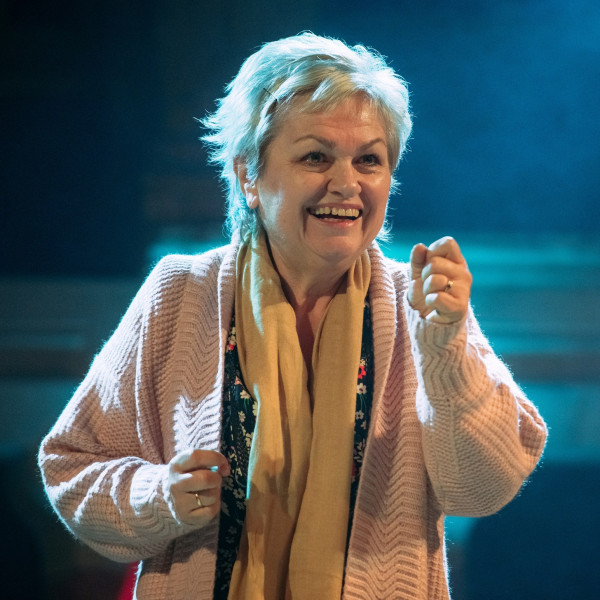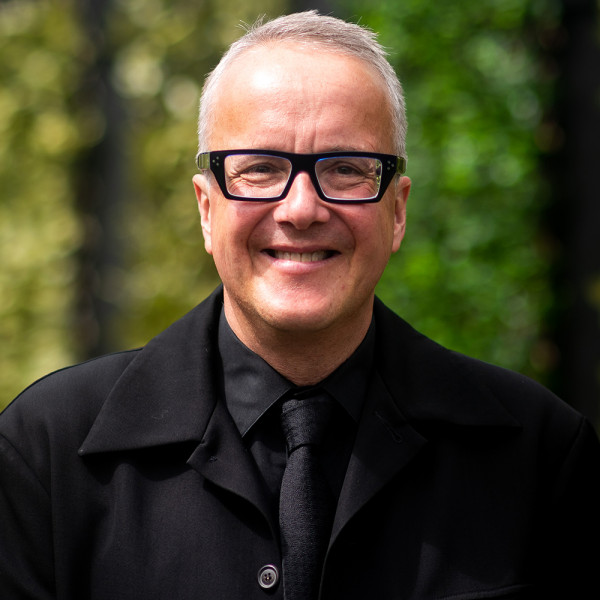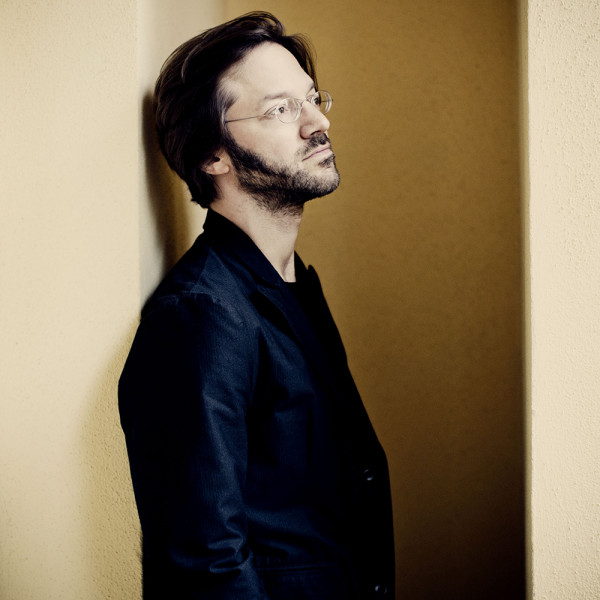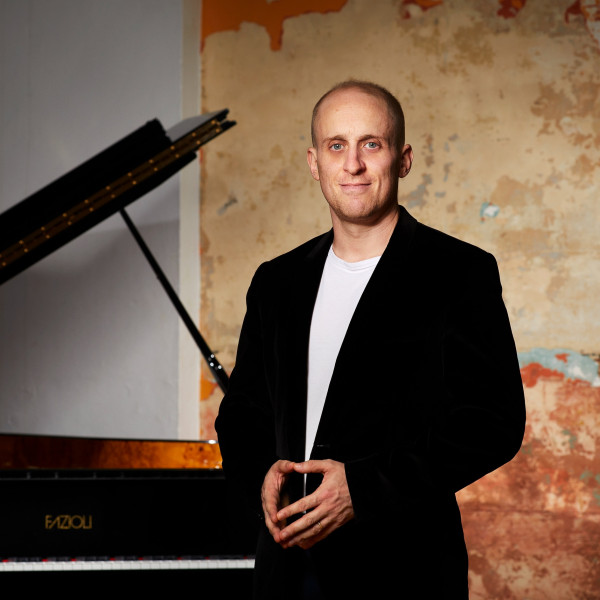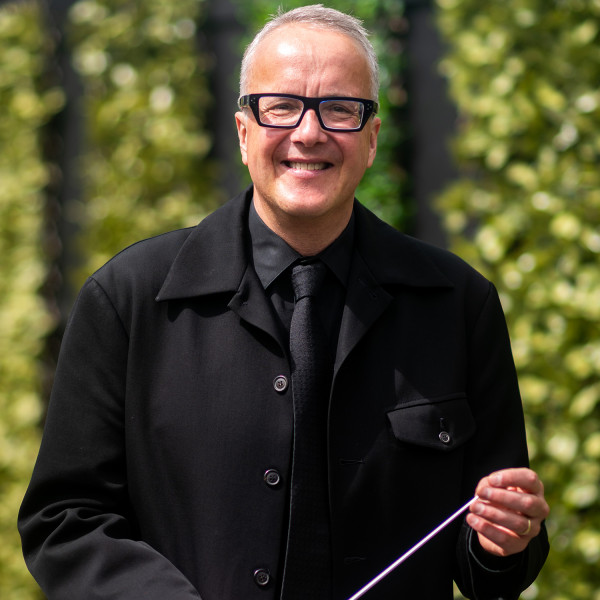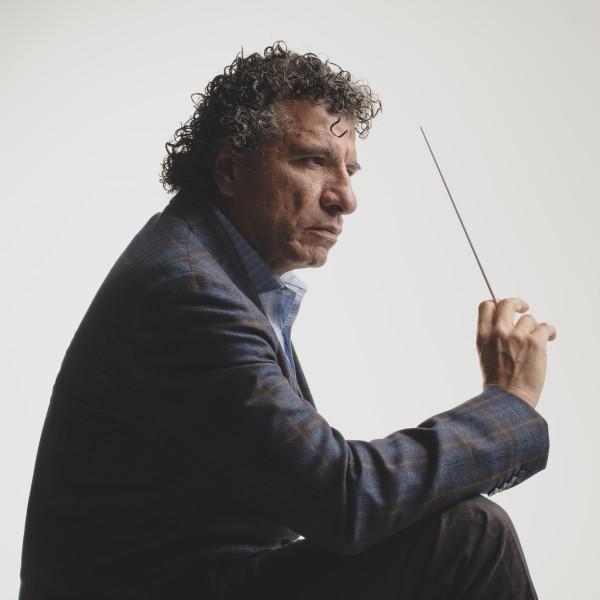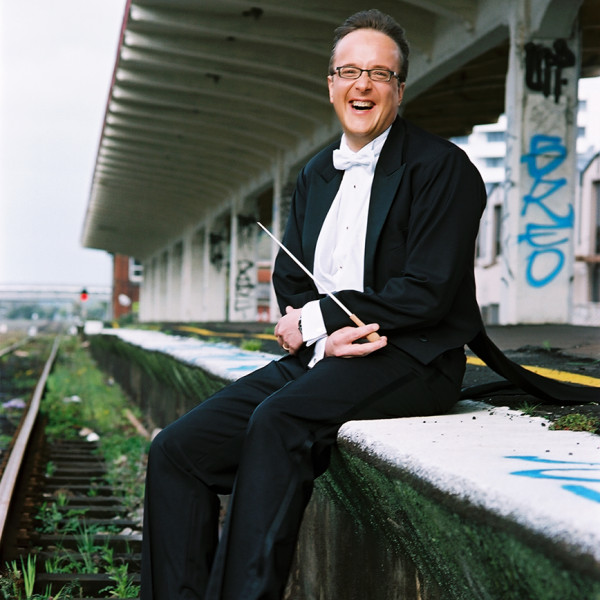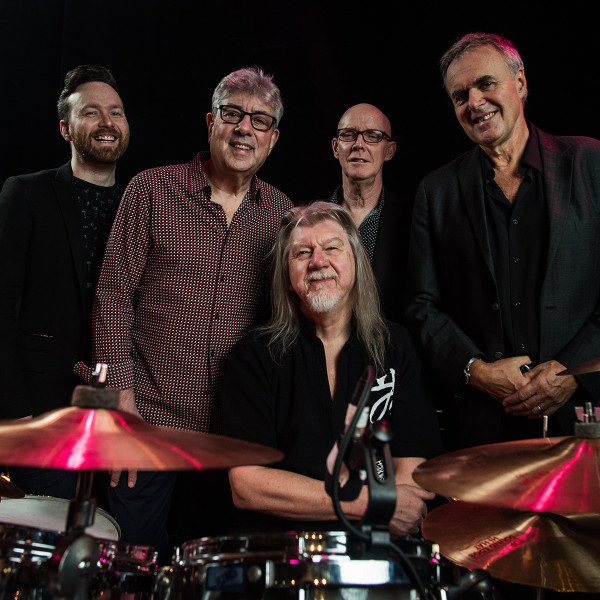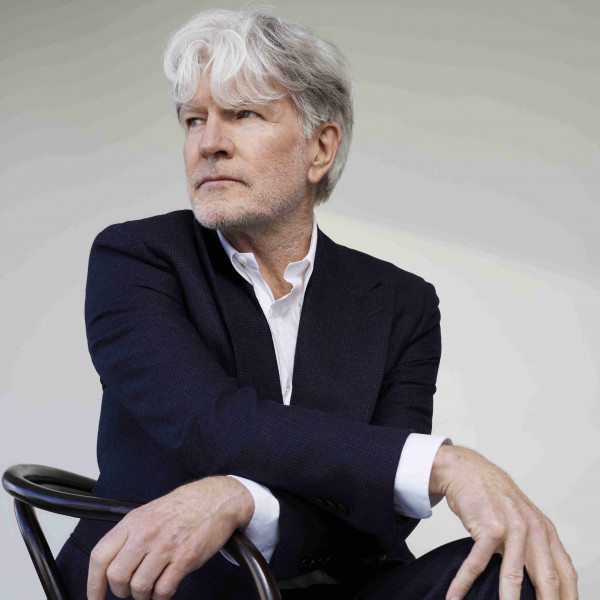
The six-piece band started and a dapper Tim Finn sauntered onto the stage, seemingly tripping over a power cord and causing complete silence and darkness for a few seconds. “Whoops, that was My Mistake!” he said to laughter before launching into the song. Next I See Red, with the near-capacity crowd clapping already, featured a frantic piano solo by keyboardist Niall Anderson.
Stuff And Nonsense featured gorgeous vocals by Finn’s daughter Elliot, and beautiful flute by Carlo Barbaro. Poor Boy followed, and Finn seemed delighted that earlier that day, his driver told him he “played Poor Boy 24/7 back in the day”.
Finn wrote Nobody Takes Me Seriously thinking about the 22 jobs he had in his early twenties. “Split Enz was formed, really, by boring jobs and daydreaming.” For I Hope I Never, he switched to grand piano, his wavering voice on the high notes perhaps due to the emotion of this beautiful song.
Ghost Girl featured Tony Buchen’s warm bass guitar tones, while Six Months In A Leaky Boat had a piccolo solo by Buchen! The crowd rocked in their chairs to Anderson’s funky synth playing in Dirty Creature, which Finn wrote during a dark time in his life.
Fraction Too Much Friction featured the reggae-tinged drumming of Carlos Adura followed by the powerful Made My Day, with the band a tight cohesive unit. Next, Persuasion, with a tasty guitar solo by Brett Adams. Finn said he added lyrics to Richard Thompson’s beautiful guitar melody – basically writing the song together (long distance) by fax!
Chocolate Cake featured a surprising harmonica solo by Buchen and impressive synchronised dancing from the entire band, with Adura standing up and dancing while playing the drums! A slow intro of It’s Only Natural segued into a rousing version, followed by the set’s final singalong Weather With You.
The first encore, Charlie, had a sultry sax solo from Barbaro. The crowd danced rapturously to Hard Act To Follow and gave Staring At The Embers a standing ovation. It was obvious how much everyone enjoyed seeing a national musical icon, together with a very talented band, playing classic songs in what is surely Wellington’s best music venue.



